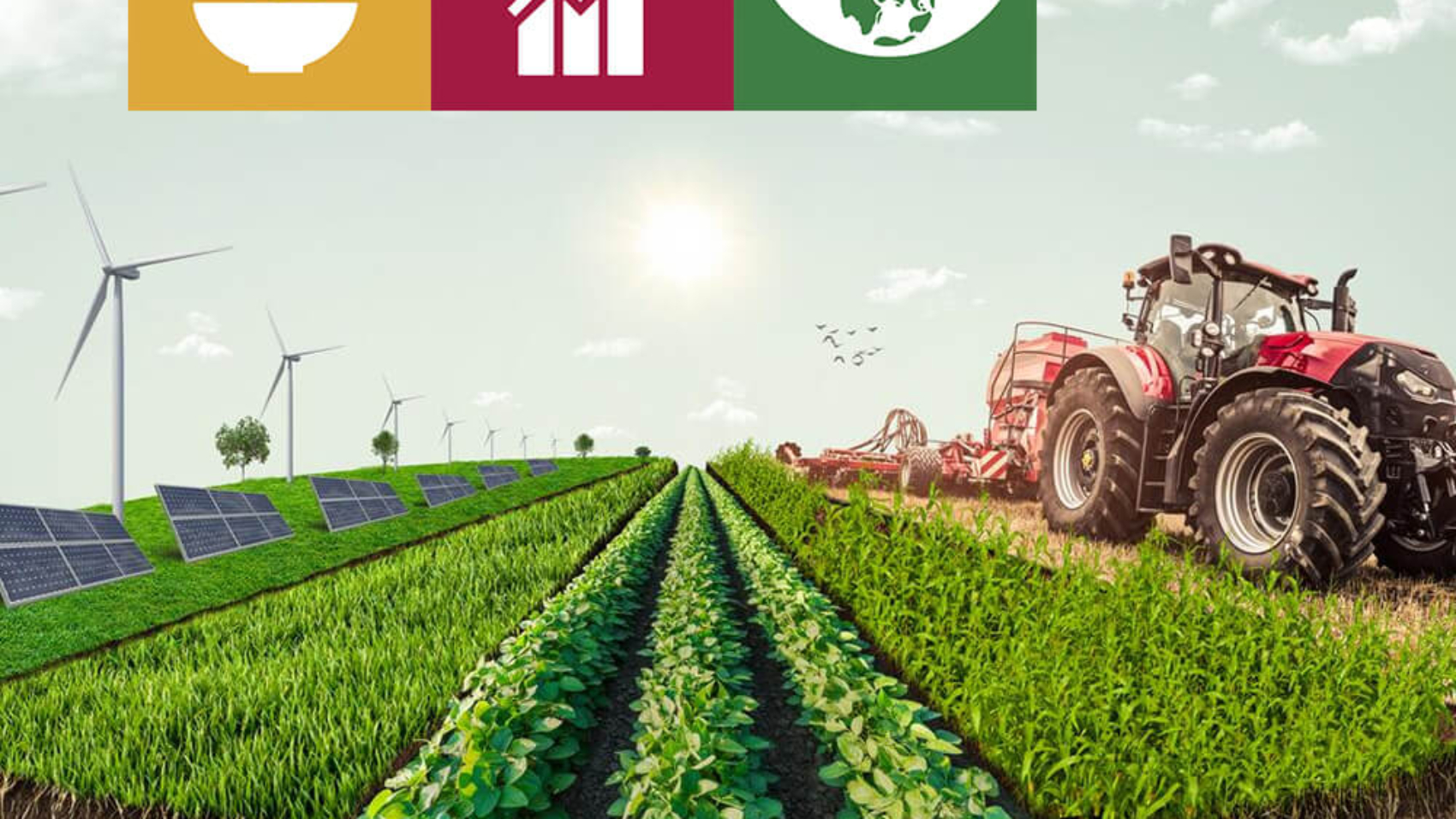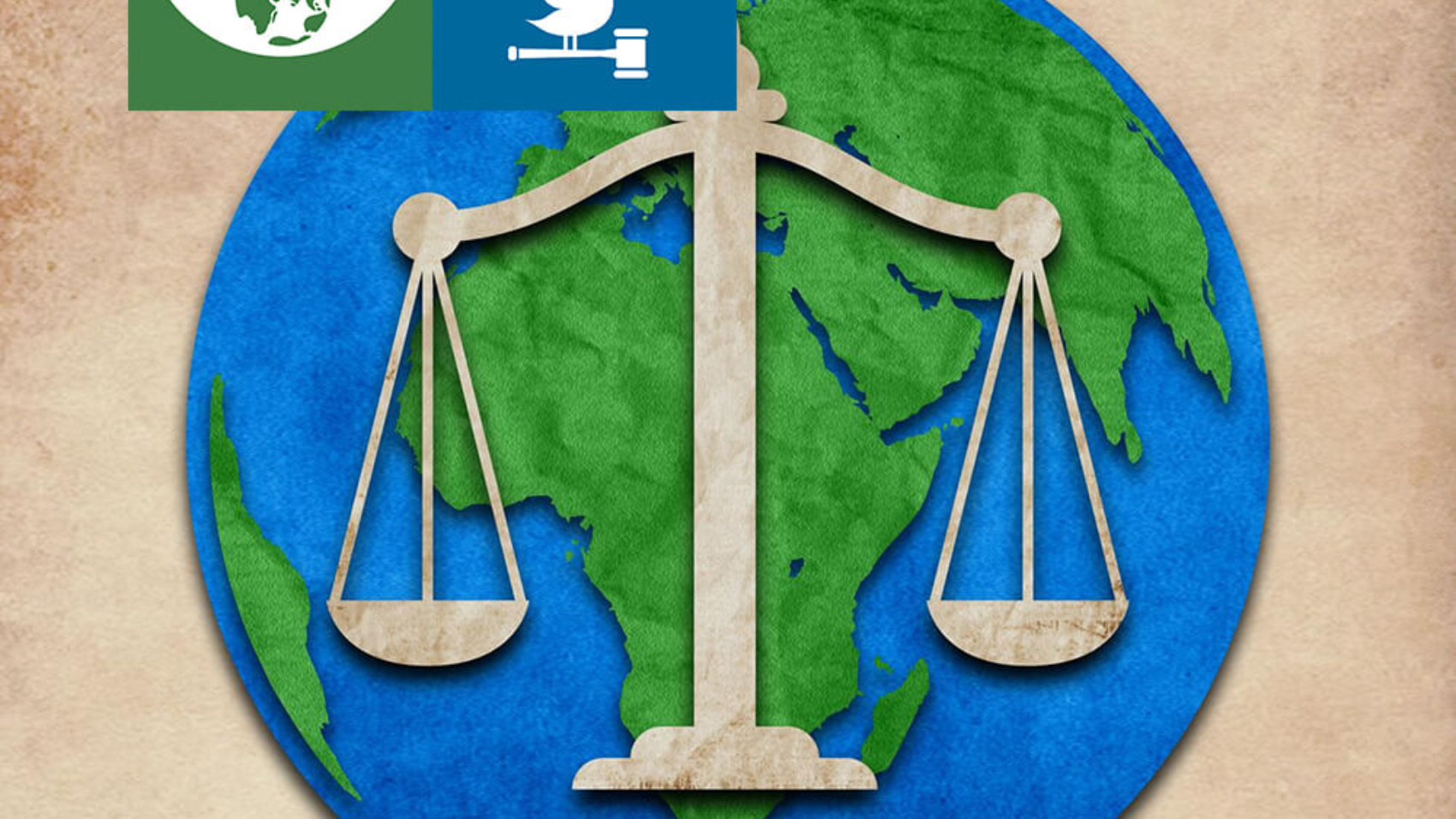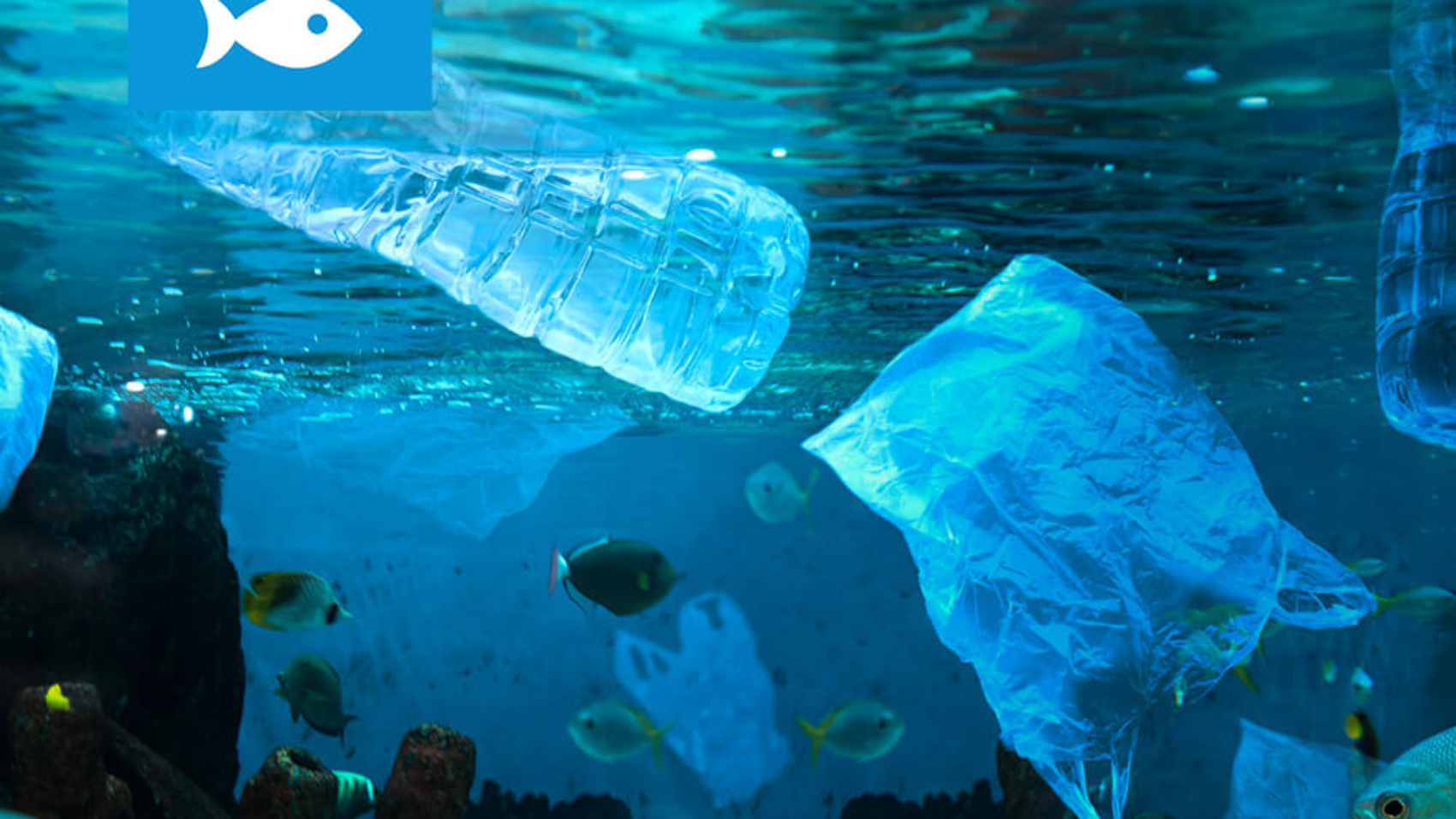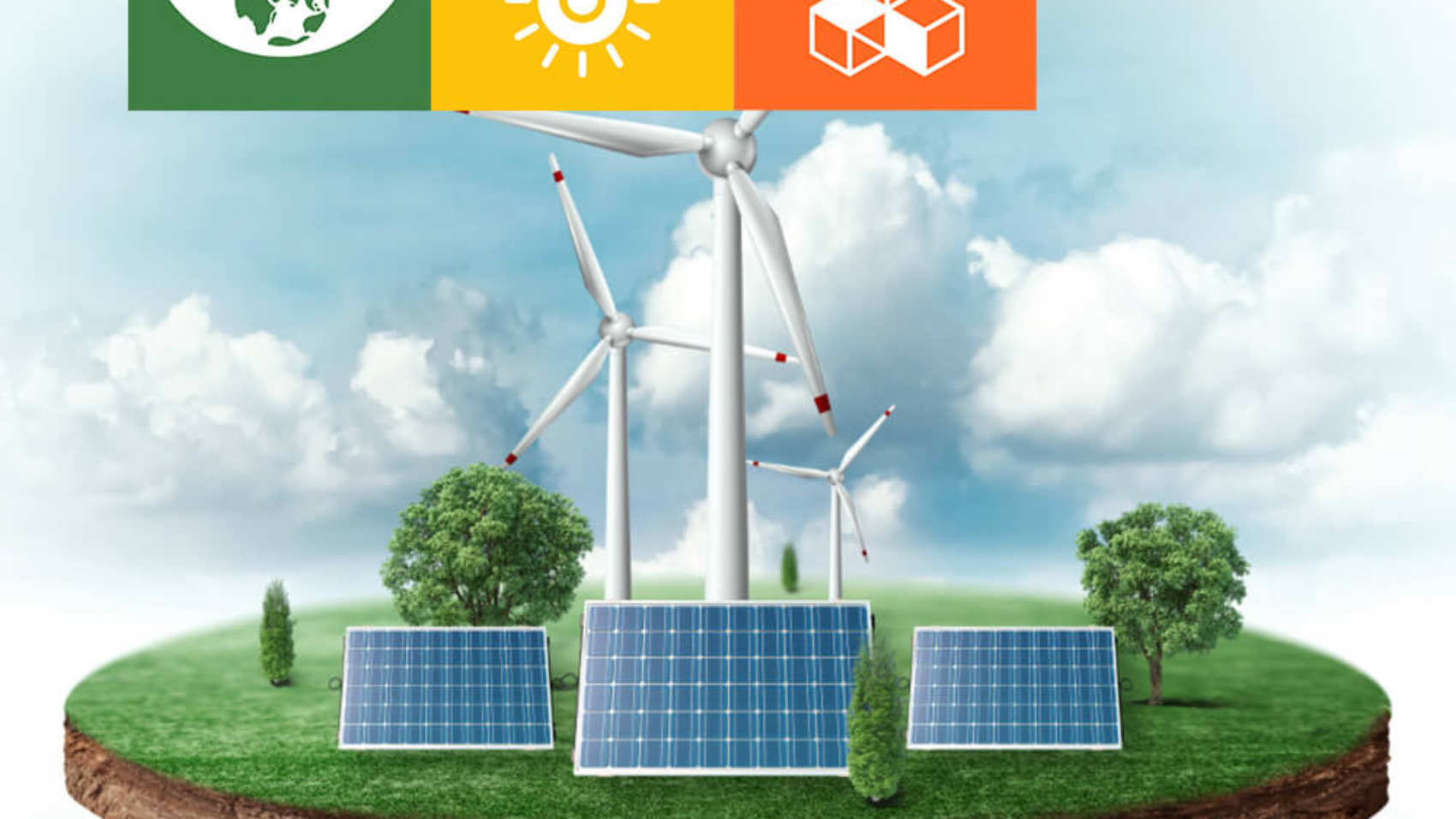Cooking is an essential part of life, asides from cultural and traditional values; it meets the basic survival needs. Currently, around 4 billion people do not have access to modern energy cooking services. Instead, they cook on traditional biomass or polluting fuels.
The use of open fires and solid fuels for cooking is one of the world’s most pressing health and environmental problems, directly impacting close to half the world’s population and causing nearly 4million premature deaths each year. Women and children are disproportionally affected by this massive global challenge, suffering from toxic smoke, time poverty, and consequences of deteriorating environments.
By developing a thriving global market for clean and efficient cook stoves and fuels, we can transform the way the world cooks, saving lives, improving livelihoods, empowering women, and protecting the environment simultaneously.










